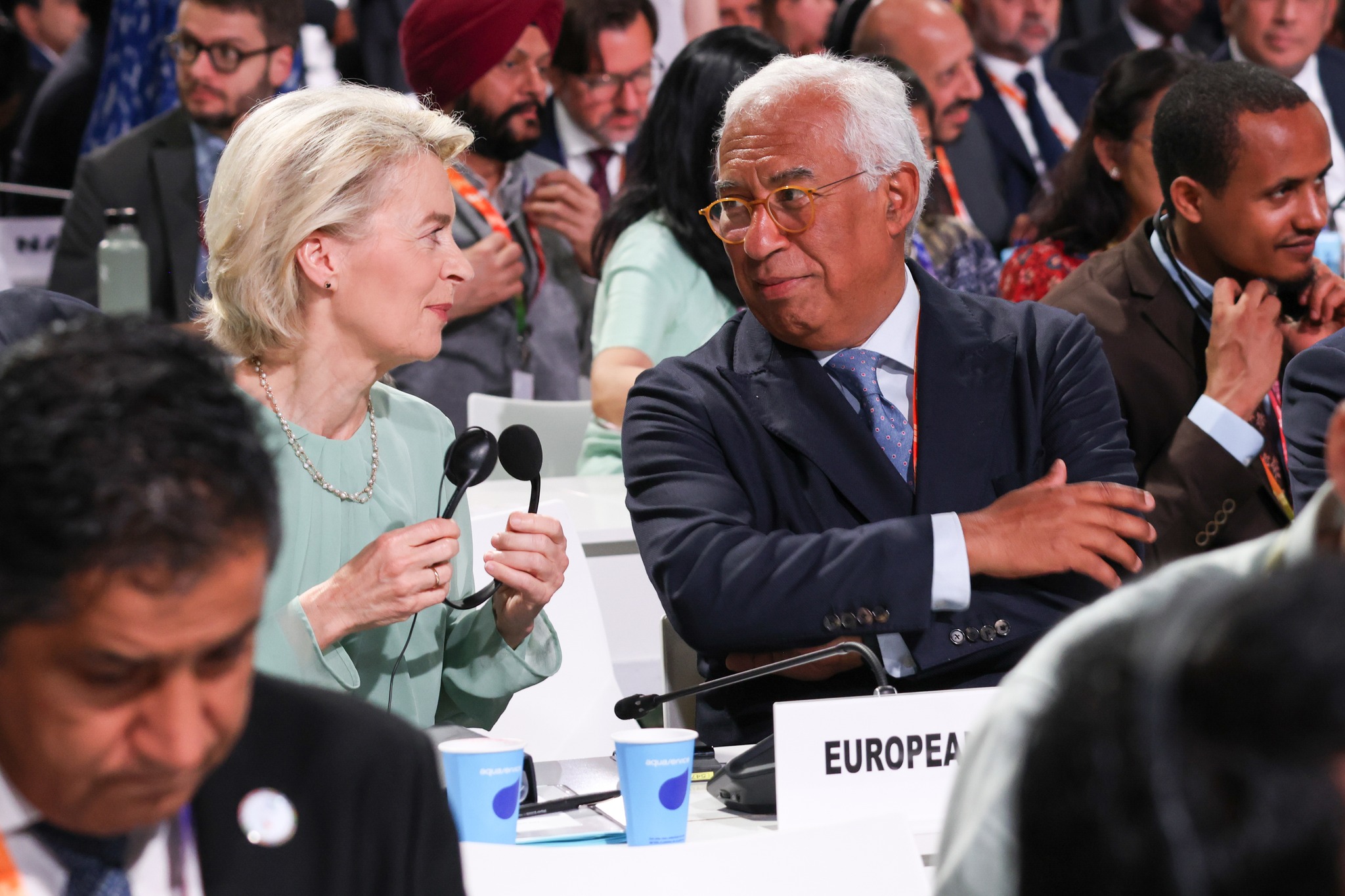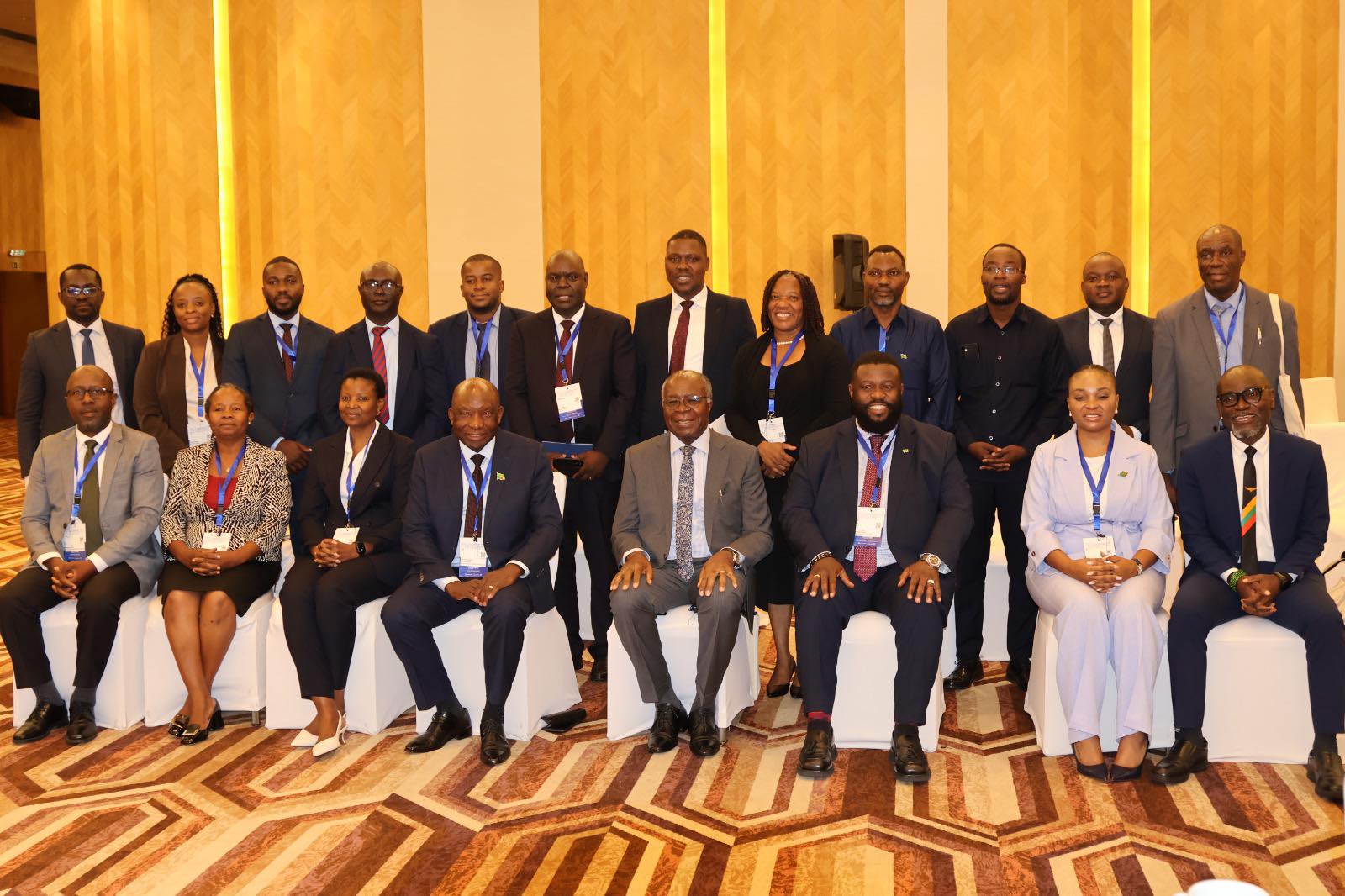The Practitioners’ Network for European Development Cooperation (PN) has expressed strong interest in exploring investment opportunities within the Lobito Corridor.
The corridor is a strategic regional transport and trade route linking Angola, the Democratic Republic of Congo (DRC), and Zambia to international markets.
The Practitioners’ Network brings together 27 European public sector development organizations from 21 countries across Europe..
A high-level delegation from the Network is currently in Zambia on a joint fact-finding mission, organized by the Co-Presidency of the Network—held this year by the Swedish International Development Cooperation Agency (SIDA) and Enabel, the Belgian Development Agency.
In an interview with ZNBC News, SIDA Director General Jakob Granit said the Lobito Corridor holds immense potential for unlocking trade and development across Southern Africa.
He also noted that Sweden is exploring ways to support Zambia in strengthening its electricity sector, with a focus on renewable energy and improved power distribution to drive industrialization.
Enabel Chief Executive Officer Jean Van Wetter added that the mission’s primary goal is to enable members of the Network to develop concrete and coordinated European development offers.
He emphasized that the initiative will feed into the European Union’s Global Gateway strategy, which aims to mobilize sustainable infrastructure investments, enhance connectivity, and strengthen value chains across the continent.
The Lobito Corridor has gained international attention in recent years for its potential to facilitate the movement of critical minerals, agricultural products, and manufactured goods.







